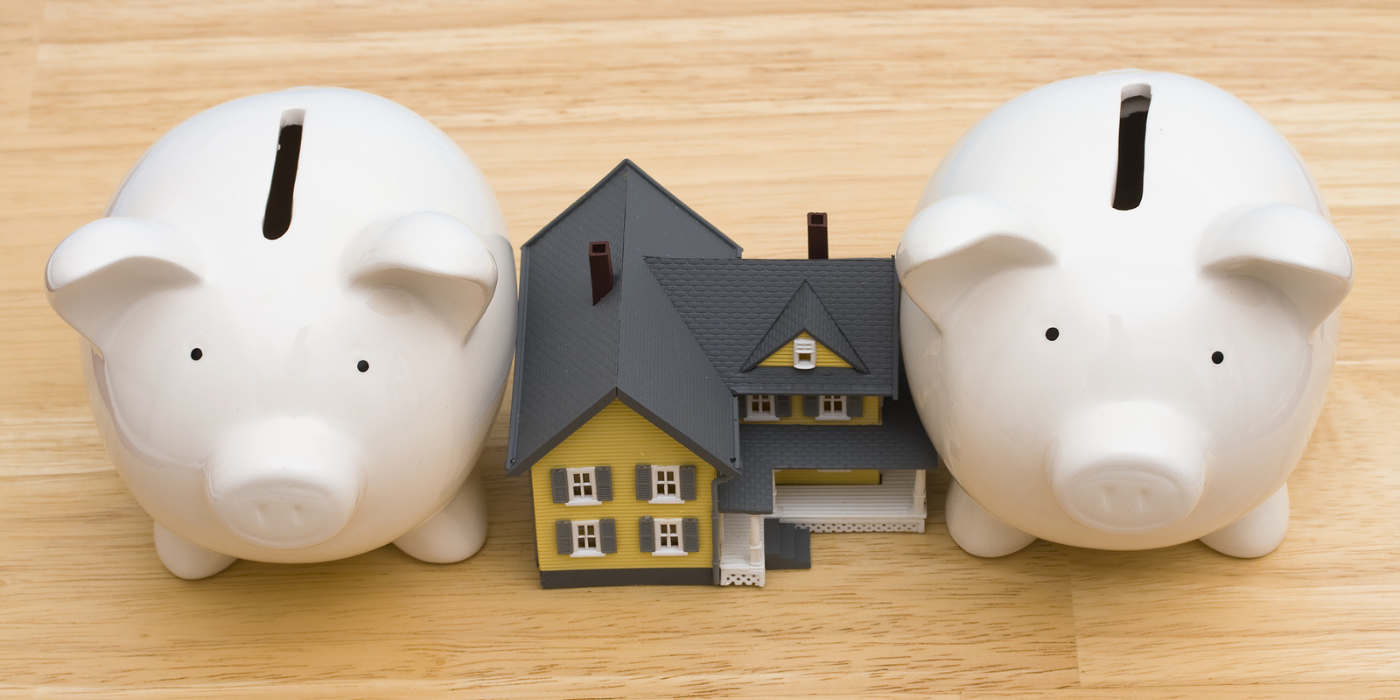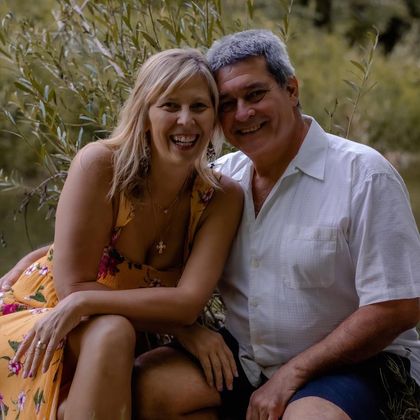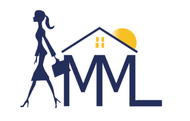Get The Best Mortgage Rates &
The Right Mortgage Advice.
Amelia Mcleod. Mortgage Agent
We adhere to the highest standards of professional conduct, ensuring quick responses, thorough explanations, and expert guidance to meet your mortgage needs.
Finding the best mortgage can be frustrating. It doesn't have to be when you follow my 3 step plan.
Get started right away
The best place to start is to connect with me directly. My commitment is to listen to your needs, assess your financial situation, provide professional mortgage advice, and
guide you through the mortgage process.
Get clarity
Sorting through all the different mortgage lenders, rates, terms, and features can be overwhelming.
Let me cut through the noise. I'll outline the best mortgage products available with your needs in mind.
Proceed with confidence
My goal is to make sure you know exactly where you stand at all times. From your initial application through your mortgage renewal, I'm available to answer any questions for as long as you need a mortgage.
I've got you covered.
Amelia Mcleod
My name is Amelia McLeod, experienced Mortgage Agent, lifetime entrepreneur. Over two decades ago, I entered the mortgage industry with a personal mission to help Ontarians become homeowners. Shortly after, I founded My Mortgage Lady, and began to put my life’s challenges to work – literally.
I have been a self-employed businesswoman my whole life. My husband is also self-employed, and we work together as a team of small-town landlords managing multiple properties. With these combined experiences, I am all too familiar with the challenges today’s homeowners and small business owners can face; let me help you overcome them.
Erin, was employed for 11 years in one of Canada’s big 5 banks, then realizing that by becoming a licensed mortgage agent, she could help more people by being able to look outside her one lender box. Erin has been working alongside of me since 2016, partnering with me in 2024. I am thrilled to know Erin cares as much about all our clients, as I do.
With genuine concern for your future goals, financial situation, and happiness, we make it a priority to stay on top of all rule and industry changes, as well as new product offerings and deals from over 30 lenders. From private deals, investments, to first time buyers, I’ve made my name in the business by offering honest hard work, integrity, and credible advice.
We have no other intentions than to look out for your best interests, and will work hard to earn your business, every single time.
What Our Clients Are Saying
Get started by completing my online mortgage application.
I'll let you know exactly where you stand so you can proceed with confidence.
Mortgage articles to keep you informed.



Everything you need,
all in one place
As a trusted mortgage provider, let me help you with these services.
Click through any of the services to learn more









